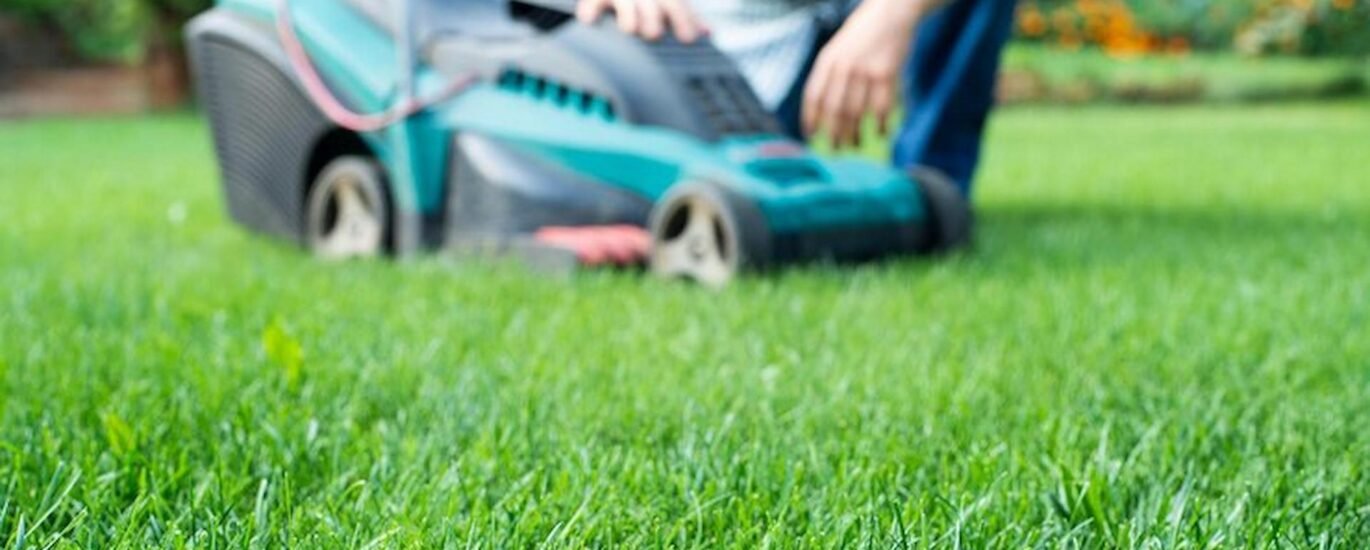Are weeds taking over your lawn? Discover how to maintain a beautiful, healthy lawn with these expert organic lawn care tips. No chemicals, just nature’s best remedies!
Maintaining a beautiful, green lawn is a goal for many homeowners. However, achieving this can be challenging, especially when weeds invade. While traditional weed control methods rely heavily on chemicals, these can harm the environment and potentially pose risks to your family and pets. Fortunately, organic lawn care offers a sustainable and effective alternative. In this article, we’ll explore a range of organic techniques to keep your lawn lush and weed-free, all while being kind to the environment.
Insight into Your Lawn’s Needs
Every lawn is unique, and understanding the specific needs of your grass is crucial for effective organic lawn care. Factors such as soil type, climate, and grass species all play a role in determining the best care practices. Conducting a soil test is an excellent first step. This test will reveal the pH level of your soil and its nutrient composition, helping you make informed decisions about fertilisation and other treatments.
Knowing your lawn’s needs allows you to tailor your care practices, ensuring your grass has the best conditions to thrive. Healthy grass is naturally more resistant to weeds, as it can outcompete them for resources like sunlight, water, and nutrients.
Mowing for Healthier Grass
Mowing your lawn isn’t just about aesthetics; it’s a vital component of organic lawn care. How you mow can significantly impact the health of your grass and its ability to fend off weeds. Set your mower to the correct height for your grass species. Generally, keeping the grass a bit longer (around 3-4 inches) helps shade the soil, which reduces weed seed germination and retains moisture.
Avoid cutting more than one-third of the grass blade at a time. Frequent mowing, but with less drastic cuts, ensures your grass remains healthy and less stressed. Dull mower blades can tear the grass, making it more disease-resistant. Therefore, keep your blades sharp for clean cuts.
Watering Wisely
Watering your lawn efficiently is another key aspect of organic lawn care. Overwatering can create an environment conducive to weed growth, while underwatering can stress your grass, making it more vulnerable to weed invasion. The goal is to water deeply and infrequently. This encourages the grass to develop deep root systems, making it more drought-resistant and better able to outcompete weeds.
Early morning is the best time to water your lawn. This allows the grass to dry during the day and reduces the risk of fungal diseases. Aim to provide about an inch of water per week, including rainfall. A rain gauge can help you monitor the water your lawn receives.
Organic Fertilization Techniques
Fertilisation is essential for a healthy lawn, but many commercial fertilisers contain chemicals that can harm the environment. Organic fertilisation techniques provide a sustainable alternative, promoting soil health and reducing weed growth. Compost is an excellent organic fertiliser that enriches the soil with essential nutrients and improves its structure.
You can also use natural products like fish emulsion, seaweed extract, and bone meal to provide necessary nutrients. Organic fertilisers release nutrients slowly, ensuring a steady food supply for your grass over time. Regular applications of these natural fertilisers can keep your lawn lush and weed-resistant without the negative environmental impact of chemical products.
Soil Aeration for Optimal Growth
Compacted soil can hinder grass growth and promote weed invasion. Soil aeration, the process of creating small holes in the soil, helps alleviate compaction and allows air, water, and nutrients to penetrate deep into the root zone. This promotes healthier grass growth and reduces the likelihood of weeds taking hold.
You can aerate your lawn using a manual or mechanical aerator. The best time for aeration is during the growing season, typically in the spring or fall, depending on your grass type. Regular aeration and other organic lawn care practices can significantly enhance your lawn’s resilience against weeds.
Natural Weed Control Methods
Several natural methods for controlling weeds do not involve harmful chemicals. Hand-pulling weeds is a straightforward and effective technique, especially when done regularly. Using tools like a weed puller or hoe can make the task more manageable for larger areas.
Mulching is another excellent weed control strategy. Applying a thick layer of organic mulch, such as wood chips or grass clippings, around plants and in garden beds suppresses weed growth by blocking sunlight. Corn gluten meal is a natural pre-emergent herbicide that can prevent weed seeds from germinating when applied correctly.
Encouraging Beneficial Insects
Beneficial insects can play a significant role in organic lawn care by helping to control weed populations naturally. Certain insects, like ground beetles and ladybugs, prey on weed seeds and young plants, reducing their numbers. Encouraging these insects can create a balanced ecosystem in your lawn where weeds are kept in check naturally.
You can attract beneficial insects by planting various native flowers and plants that provide nectar and pollen. Avoid using broad-spectrum insecticides that kill both harmful and beneficial insects. Instead, focus on creating a healthy, diverse environment that supports a robust population of natural predators.
Lawn Overseeding
Overseeding is the practice of adding new grass seed to an existing lawn. This can help thicken your grass, making it more competitive against weeds. Choose high-quality, disease-resistant grass seed suited to your climate and soil conditions.
Depending on your region, the best time for overseeding is in the early fall or spring. Before overseeding, mow your lawn closely and aerate the soil to give the new seeds the best chance of germination. Keep the soil consistently moist until the new grass is established. Overseeding regularly can help maintain a dense, healthy lawn that naturally suppresses weeds.
Conclusion: A Sustainable Path to a Beautiful Lawn
Organic lawn care is beneficial for the environment and promotes a healthier, more resilient lawn. You can achieve a lush, green lawn without relying on harmful chemicals by understanding your lawn’s needs, using organic fertilisers, aerating the soil, and employing natural weed control methods. Encouraging beneficial insects and overseeding are additional strategies contributing to a vibrant, weed-free lawn.
Implementing these organic practices takes time and effort, but the results are well worth it. You’ll enjoy a beautiful, sustainable lawn safe for your family, pets, and the planet. If you need additional help, consider seeking a professional weed control service specialising in organic methods. Their expertise can provide the extra support you need to maintain your lawn’s health and beauty.






These organic lawn care tips are incredibly helpful! Tackling weeds naturally is something many homeowners strive for, myself included. I’ve found that mulching with organic materials not only suppresses weeds but also enriches the soil. Plus, using vinegar or boiling water for spot treatments is a game-changer—it’s effective and eco-friendly. I appreciate the emphasis on cultural practices like proper mowing height and watering deeply but infrequently, which promote a healthier lawn that naturally resists weeds. Overall, these tips are practical and easy to implement, making organic lawn care both sustainable and rewarding. Thanks for sharing such valuable advice.